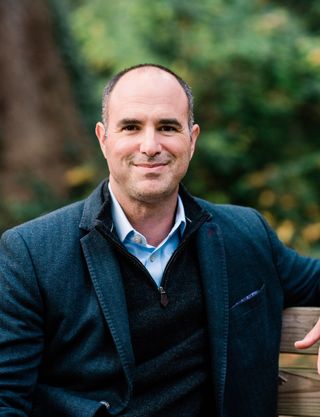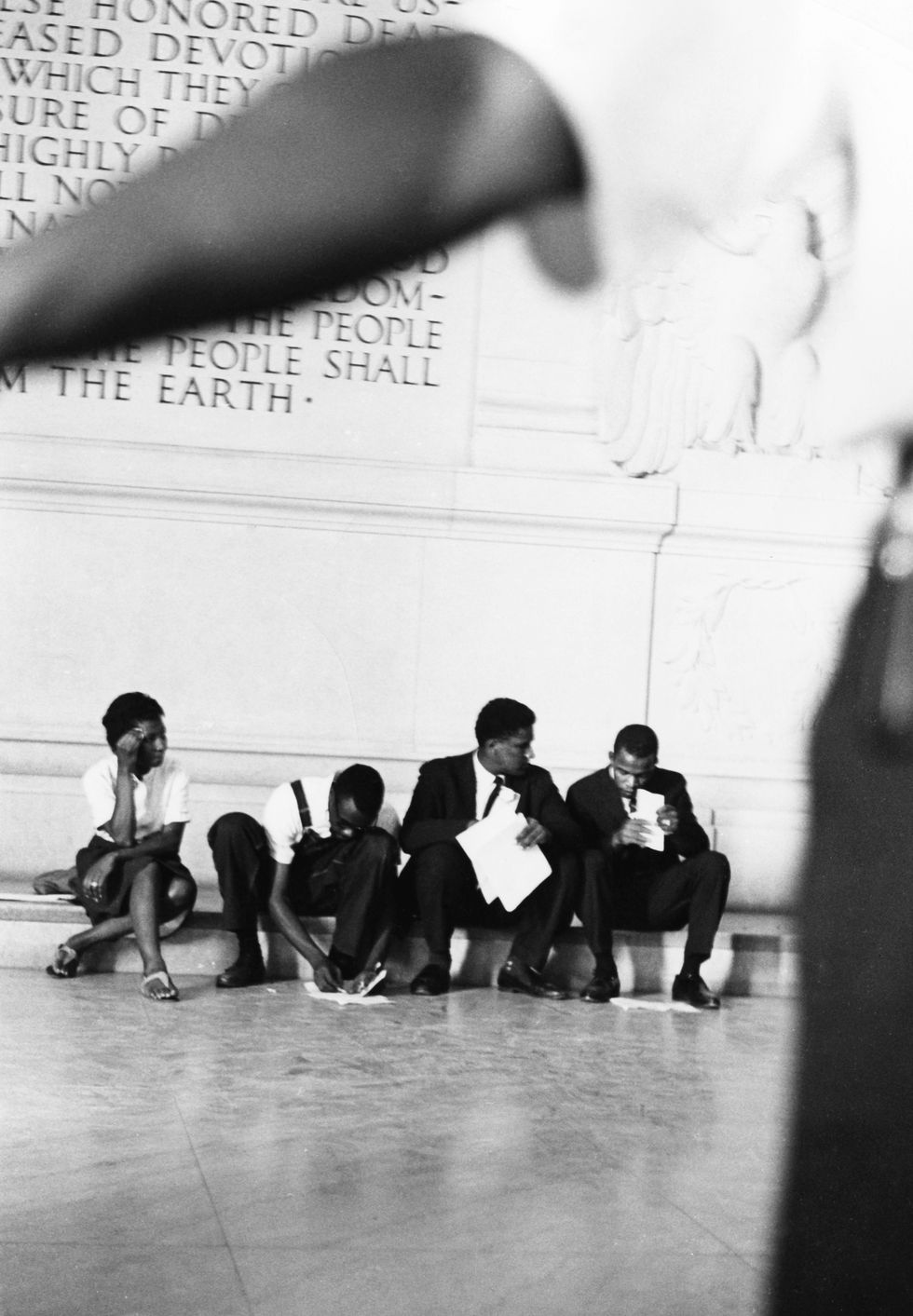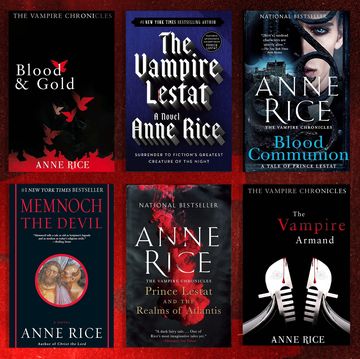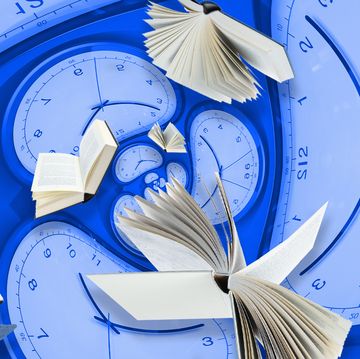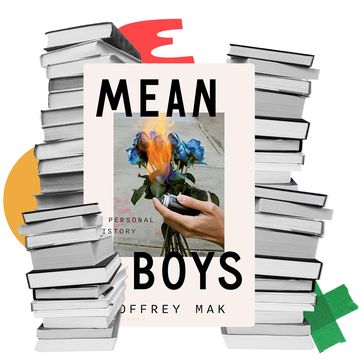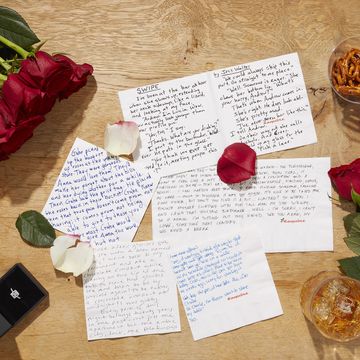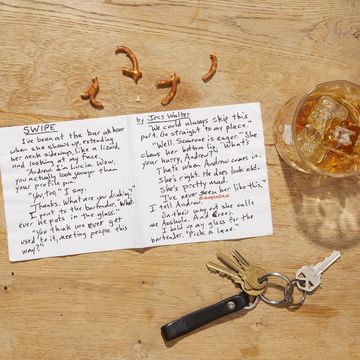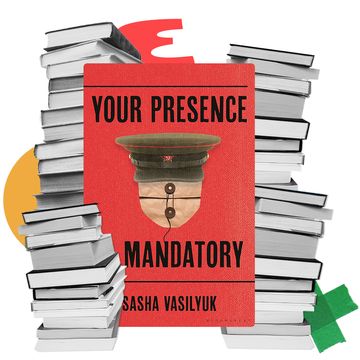The night Jeff Nussbaum got the idea for Undelivered was unlike any other in modern American history. It was the wee hours of Wednesday, November 8, 2000, and for the first time since at least the late 1800s, a presidential election had been declared too close to call. Then-Vice President Al Gore’s campaign staffers, which included a young Nussbaum, had prepared remarks for three different election night outcomes—a victory, a loss, and a win without the popular vote—but not this one. There would be no speech that night. Instead, Gore’s campaign chairman announced at 4 a.m. that the race would continue until the results in Florida were official. A conclusion was, in time, reached, as we all know. But Nussbaum never forgot about those speeches and the alternative realities they represented. What if Gore had won the election? Would 9/11 still have happened? Would we be further along in the climate change fight?
Undelivered: The Never-Heard Speeches That Would Have Rewritten History is the result of Nussbaum’s decades-long investigation into historical close-calls, just like the one he experienced as a young speechwriter, and the alternate versions of speeches that accompanied them. There are the remarks that JFK prepared announcing an attack on Cuban nuclear missile sites, an apology from Eisenhower for the failure of the D-Day invasion, and the gut wrenching victory speech that Hilary Clinton never got to make. There are also speeches like John Lewis’s original remarks for the March on Washington that representatives from the Kennedy administration deemed too charged and fraught to be delivered, and speeches like Richard Nixon’s refusal to resign that preceded a change of heart.
Salvaging these speeches from the trash bin of history allows Nussbaum to explore a rich world of what-if scenarios that will surely entertain armchair historians and historical fiction enthusiasts. But there are also serious insights to glean from Undelivered’s exploration of history that almost happened. “It’s like that old saying,” Nussbaum says when we speak, “history doesn’t repeat itself, but it does rhyme.”
Ahead of Undelivered’s release, Nussbaum spoke to Esquire by phone from D.C. where he just wrapped up a two-year run as President Biden’s speechwriter. This conversation has been lightly edited and condensed for clarity.
Esquire: You just announced your departure from the Biden administration. What’s up next?
Jeff Nussbaum: Well, first of all, I'll say that I've always referred to working for Joe Biden as Hotel Delaware: You can check out any time you like, but you can never leave. So even though I have left the White House, if I'm called upon again, I will answer the call. I actually put this book on hold so I could go work in the White House. I said to the publisher, “Let's hold the book” because it seemed not entirely ethical to be promoting a book while working in the White House. Prior, I had a company called West Wing writers that did speeches and communication stuff for CEOs, actors, athletes, and celebrities. I'll continue to advise that company, but I'm really going to give myself a summer off, which is something I haven't done since I was 20 years old.
Who did you write Undelivered for? History buffs? Beltway politicians?
It’s funny, every time I’ve mentioned Undelivered to someone, they’ve been like, “Oh, that's kind of cool!” But, who did I write it for? I wrote it for myself. It's been really gratifying to realize that a whole lot of people share this same interest. One of the things I think I've realized is that we often say that newspapers are the first draft of history, well, actually they're the second draft of history. These speeches are the first draft of history, and the ones that are undelivered are effectively a first draft of an alternative history that didn't happen. And so I think armchair historians, political junkies, people who love history, people who are fascinated by what could have been … those seem to be the people who enjoy this.
I was struck by how similar certain chapters were to alternate history novels. The book has a little bit of a “What if the Germans had won the war?” vibe.
One publisher joked to me, “liberals love history and conservatives love alternative history, and this has both!”
It really does! Reading the Hillary Clinton chapter was surreal because it was an alternate reality that would’ve been way better, and usually alternate history fiction traffics in doomsday scenarios.
Certainly in some cases we are on the dark timeline, but, there are others in the book where we avoided the dark timeline. I mean the chapter to me on JFK announcing airstrikes on Cuba during the Cuban Missile Crisis… I just continue to be haunted by that parenthetical where it says, hold for first reports of action. We didn't know at the time that the first reports of action could have been a nuclear counter strike.
So in some cases, yes, we see a more hopeful reality that could have been ushered into existence. But in some, we get the first hint of a much, much darker reality. Whether it was airstrikes on Cuba or King Edward refusing to abdicate and Britain has a Nazi king at the dawn of World War II. A lot of bad stuff has happened. A lot of bad stuff could have happened.
Did you go into this book with a hit list of speeches that you wanted to include?
I didn't have a hit list. What I did have was several years of looking for breadcrumbs that would lead me to undelivered speeches. Anytime I saw a story about how close we came to one outcome or another. New York City was so close to going bankrupt that the mayor prepared a speech. Emperor Hirohito was so heartsick over World War II, he prepared a speech apologizing and abdicating. So, I just followed breadcrumbs. People asked me, do you think there's an undelivered speech Reagan had on AIDS? I don't know. So some I searched for, but mostly I followed breadcrumbs, and it's something I'll continue to do. Even as I wrote this book, I found more and more. Maybe there'll be an Undelivered Volume Two, at some point.
Was there a historical event that you thought to yourself, "Oh, I bet that probably has a speech that never happened. I'm going to see if I can find it," only for it not exist.
In some cases, but in each case I was looking for a hint that there was a speech. So, even though I couldn't find the speech President Carter wanted to give for the failure of the Camp David Accords, I knew that he had one prepared. There are also speeches that people have heard of that went undelivered. Nixon on the failure of the moon landing, for example. But I cut out speeches where there was no evidence that the speaker actually engaged with them. In other words, you could’ve drafted something for someone, but if they didn't really wrestle with it, then I didn't put it in the book. Truman had a draft speech prepared, announcing his intention to not develop the hydrogen bomb. But he didn't even look at the draft, so I left it out of the book. I really wanted this to be a book about places where these leaders really envisioned an alternate outcome.
One of the things that was really striking as I went through the book was how increasingly relevant all of the speeches felt. The Cuban Missile Crisis, which, by the way, was the first time that the term hawk and dove was used, also the first time the term eyeball to eyeball was used. It basically presaged the stare down we're in with Putin right now. Kennedy's undelivered final speech has a very clear warning about domestic extremism and the forces of ignorance.
In a less direct connection, John Lewis too. He wanted to give that really impassioned speech and had to tone it down. To me that was so illustrative of what Black leaders are put through; how we have forced people of color to minimize or warp their positions to be more palatable for the public. We see that happening today, all over the place, still.
Yeah, absolutely, and Lewis said it best: "Kennedy is willing to accept a march in Washington. I want this to be a march on Washington."
Speaking of the Lewis speech, you included it in the "Words that are Too Hot" chapter. I found the thematic organization really enhanced the reading experience. How did you decide on it?
I gathered the speeches and then looked and figured out what buckets they each fit into. The list is a pretty complete list of why certain speeches don't get given. Someone says you can't give the speech; you change your mind; a crisis either happens or doesn't happen; issues of war and peace, elections and events intervening. The only thing that’s left out is bad weather. "There was a storm and this commencement wasn't given." I had those and I left a lot of them out of the book. But they're like commencement addresses that didn't get given because there was a thunderstorm.
Which undelivered speech or story surprised you the most?
It's the chapter the publisher wanted me to cut, but I fell in love with two very brave politicians who have been forgotten to history, Mayor Kevin White in Boston and Governor Altgeld in Illinois. Two people who did the right thing, even though it was immensely unpopular. Altgeld paid a political price for it. He lost reelection. Kevin White bravely stood behind what he did and he won reelection. But seeing real leaders take really brave stands, to me that was the wonderful part of it.
Was any of this history entirely new to you?
Yes, some of it was. I was too young to have really experienced the busing crisis in Boston, even though that's where I grew up. I only peripherally knew about it. Altgeld I knew nothing about. One of the fun things for me in this process was to learn and then share.
I feel like Kennedy is known for being a beautiful writer and inspiring speaker. We look back at him and are in awe of his strong command of language and those powerful speeches. Is that a lost art among leaders today?
Powerful speaking is one of the many tools of leadership that leaders and presidents have to deploy and they deploy it in different ways. Barack Obama essentially gave beautiful orations. Bill Clinton draped himself over the podium and had conversations. One of the things we see in our politics is that voters crave authenticity. I think the best speech makers and the best speech writers are the ones who work to help leaders be their best selves, as opposed to being something other than what they are. I joke about this, but some of the most beautiful speeches on paper belong to George W. Bush. But when you heard him saying them in person, it was like watching someone walk on a tightrope. Is he going to make it to the end of this sentence? He is. And then you breathe a sigh of relief because it seemed that he didn't know what he was saying. There was a disconnect between the speech and speechmaker.
Given what we know now about the Bush administration and the people who really made the decisions, that makes perfect sense.
Yeah, and as a speech writer, you have to ask yourself: Are you trying to give the platonic ideal of the speech? Or are you trying to help a leader give the best speech they can that's true to them?
Wouldn't that make it very hard to be a speechwriter for someone that you don't feel passionately about yourself?
Yes. I think that's partially right. But one of the things I say is that a speech writer can be like a lawyer who says, I can provide a good defense to anyone. But while you have the right to have a lawyer, you don't have the right to have a speech writer. Speech writing is both an art and a craft, and so people who are practitioners of the craft can help write a speech for almost anyone on any topic. But I think you lose some of the artistry if it's not a person or a topic you believe in.

